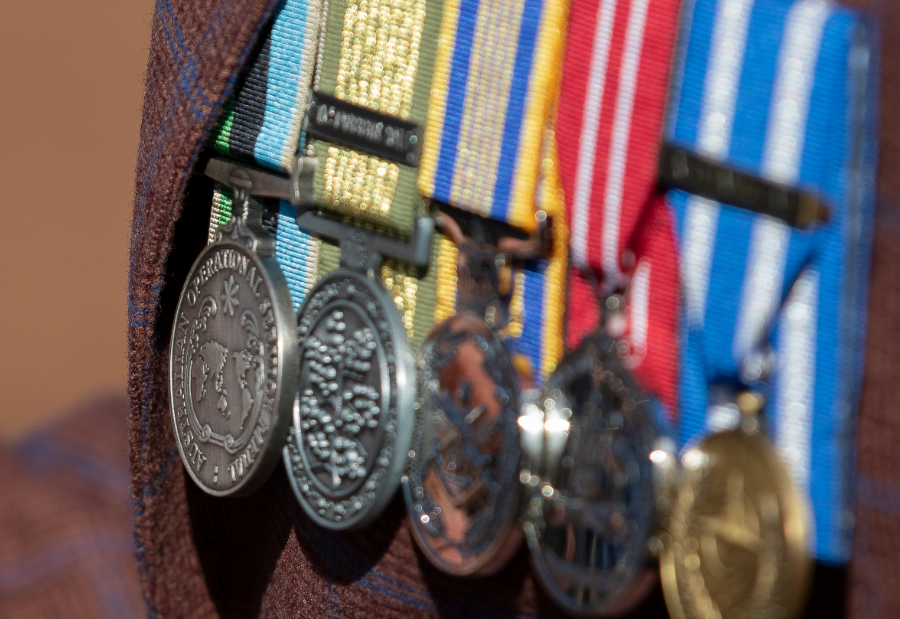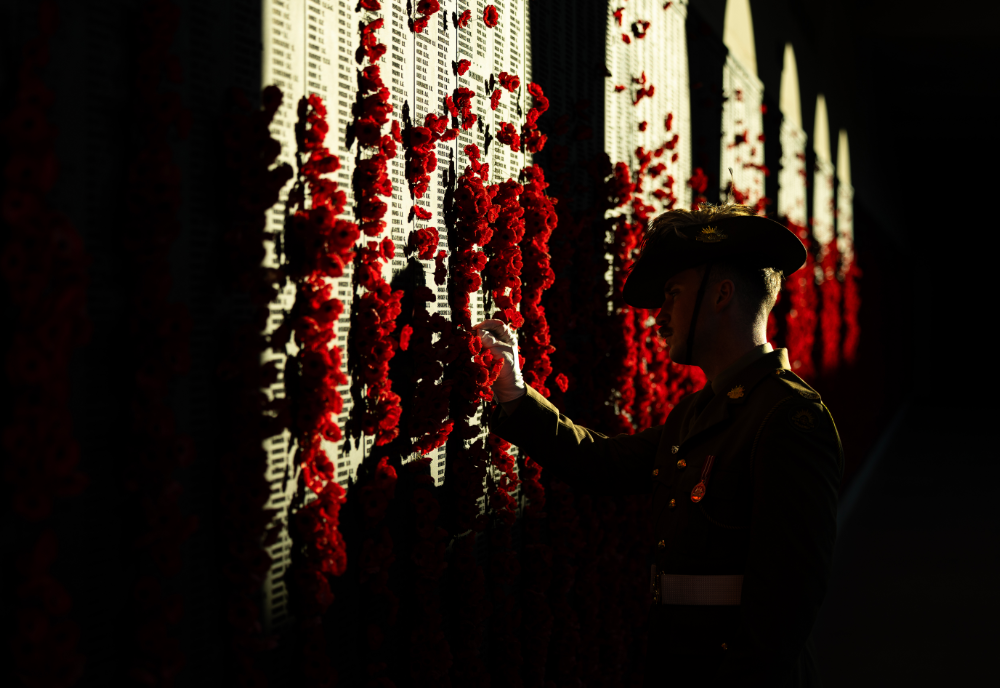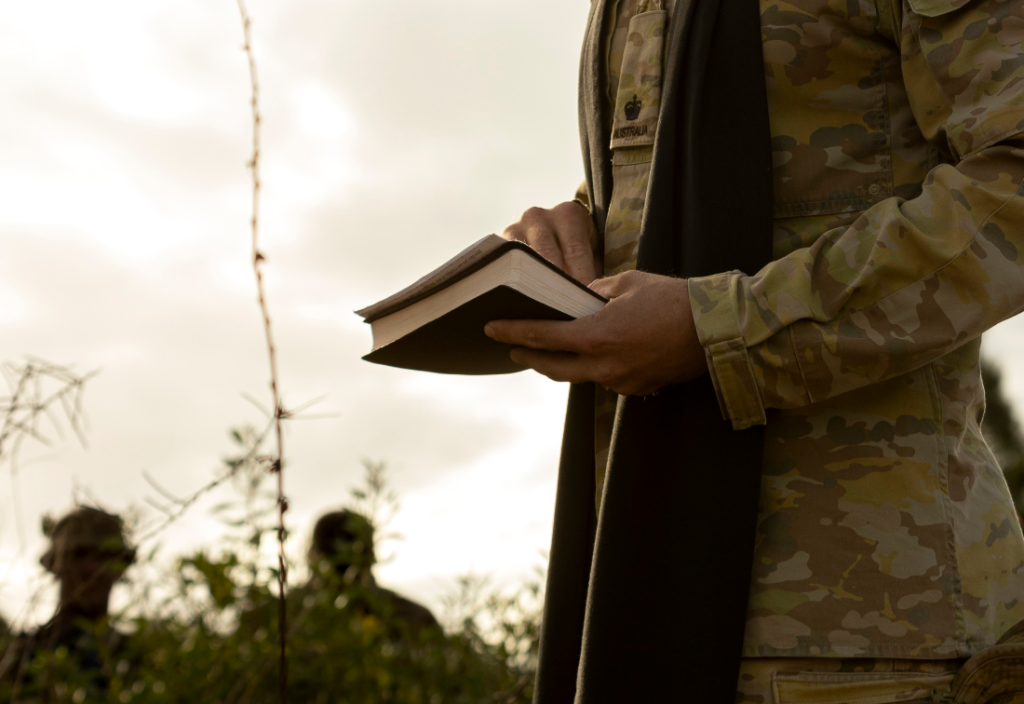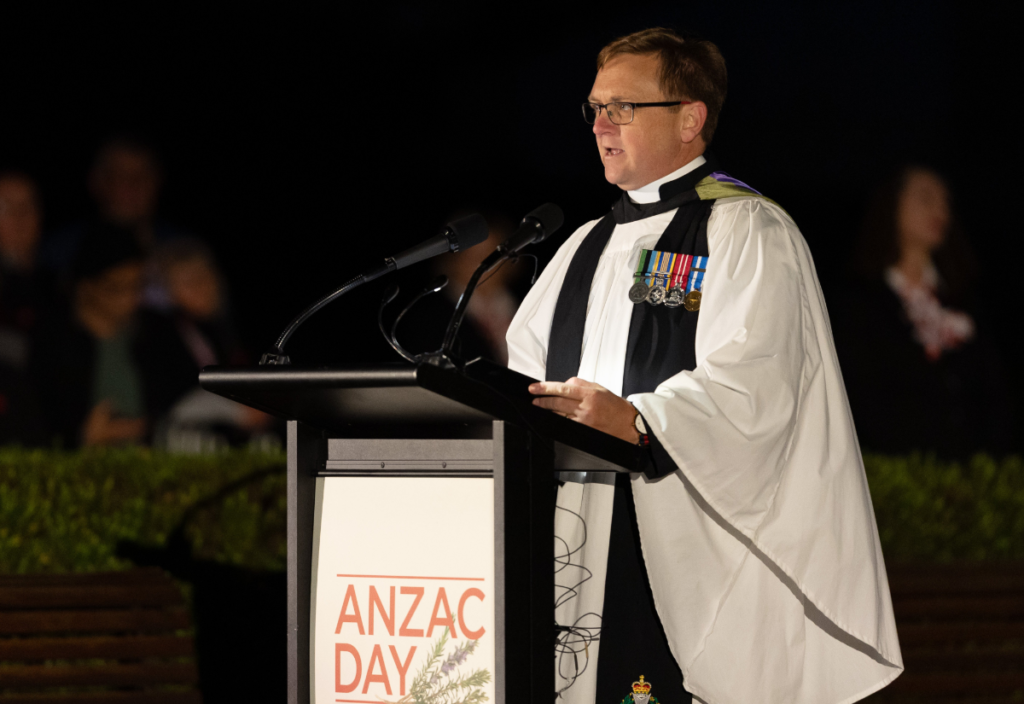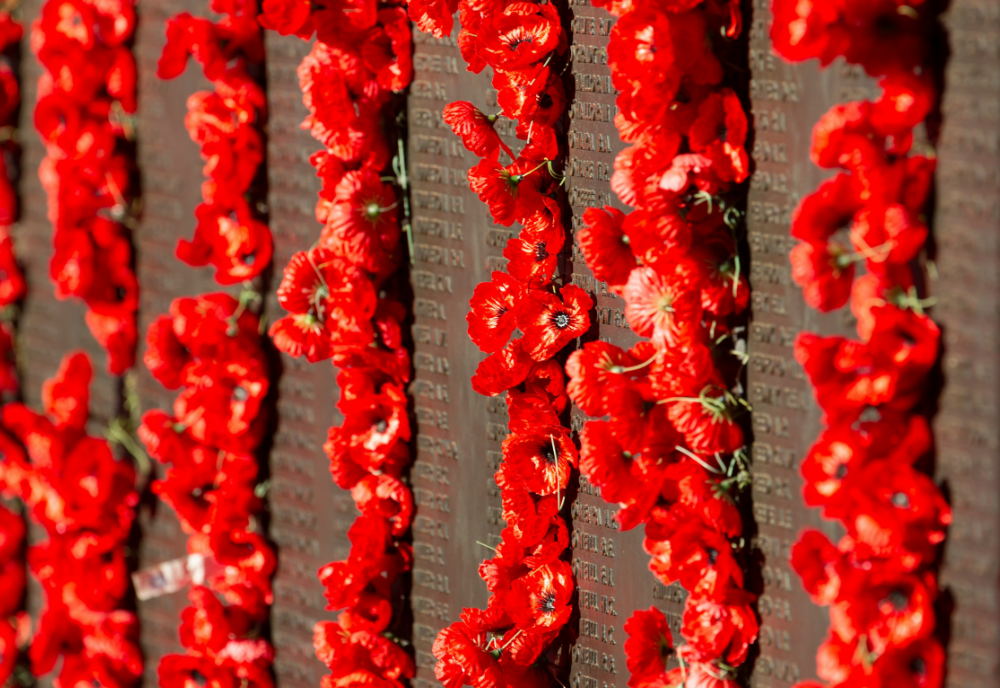To the casual observer, the inclusion of religious concepts in the Australian Army’s warfighting doctrine would seem to be a poor fit. It is difficult, if not impossible, to envision a reason to proselytise in the written strategic and operational aspects of how the Australian Army might fight a land war.
A practice of embedding overt Christian concepts within the military doctrine of a secular country feels as if it should be strictly off-limits. Unfortunately, this is not currently the case.
Religion is invasive in at least one of the Australian Army’s foundational land warfare doctrines on the human concept of ‘character’.
In the Australian Army, Christian chaplains have long held the monopoly on the instruction and delivery of ‘character development’ lessons during formative training. In fact, all three services – Navy, Army and Air Force – have traditionally devolved this responsibility to Christian chaplains.
While they may have been well placed to instruct on a Christian interpretation of a Christian character that might have been relevant in the predominantly Christian Australian Army of the 1950s (although, even this is questionable), today’s Army is no longer predominantly Christian. Indeed, it is not even especially religious. As official Defence Census figures show, the majority of personnel say they are not religious.
In addition to the decline of religious beliefs among personnel, it’s also widely recognised that contemporary matters of character and ethics are well beyond the knowledge-base of religion.
Instruction on character from a Christian perspective is, therefore, redundant, obsolete, antiquated, divisive and simply inappropriate in this millennium.
It is then with some bewilderment that Christian concepts of character still permeate through Army’s standing doctrine on Character. The existing doctrine, released in 2005, is an offensive and confusing amalgam of thought that wastes no time invoking a view that value in humanity has origins in a Christian belief in God. The same document perpetuates the notion of character and religion being intrinsically linked.
It is then with some bewilderment that Christian concepts of character still permeate through Army’s standing doctrine on Character.
The inclusion of the obviously Christian soldier’s prayer is one simple and overt example of the extent to which the doctrine is out of touch. Inclusion of a prayer in doctrine also seems irrelevant and inappropriate to the purpose of the doctrine.
Other references to Christianity and God, in an attempt to draw its relevance to ‘character’, are frequent.
In one way or another, references to ‘God’, ‘Christianity’, ‘religion’ and ‘faith’ are mentioned dozens of times. Clearly, there should be no reference to these things at all.
In 2022, the Australian Army should be culturally and operationally mature enough to know that good character and the character necessary to fight and win in war are not bound by religion. Accordingly, instruction and doctrine on the concepts of character should not be the domain of religion or religious chaplains.
The extant doctrine does nothing to support Army’s aims of diversity and inclusion, and does even less to describe character. Worse, it does not even contribute to Army’s warfighting capability – the very purpose of doctrine.
There is some good news, however. It seems that Army is slowly migrating away from the proselytising version of its character doctrine. Official online versions of the document are difficult to find. While hardcopies are abundant in libraries, online versions now only appear on the websites of disorganised Army cadet units.
Encouragingly, lessons on character are increasingly delivered by instructional staff rather than the resident chaplain. But this is still relatively uncommon.
As the Australian Defence Force considers publication of further philosophical doctrine on character, it is expected that religion will no longer feature, and any role that religious chaplains have in its instruction will be strictly through a secular lens.
Despite the antiquated and conquistador-esque view of the current Chair of the Religious Advisory Committee to the Services (RACS) who espouses that “…where there are more soldiers who follow the Lord Jesus, it is more likely that evil will be restrained in the heat of battle…”, prayers and proselytising have no place in the doctrine of a secular military, let alone doctrine on character.
If you wish to republish this original article, please attribute to Rationale. Click here to find out more about republishing under Creative Commons.
Photo by Department of Defence (Commonwealth of Australia).





